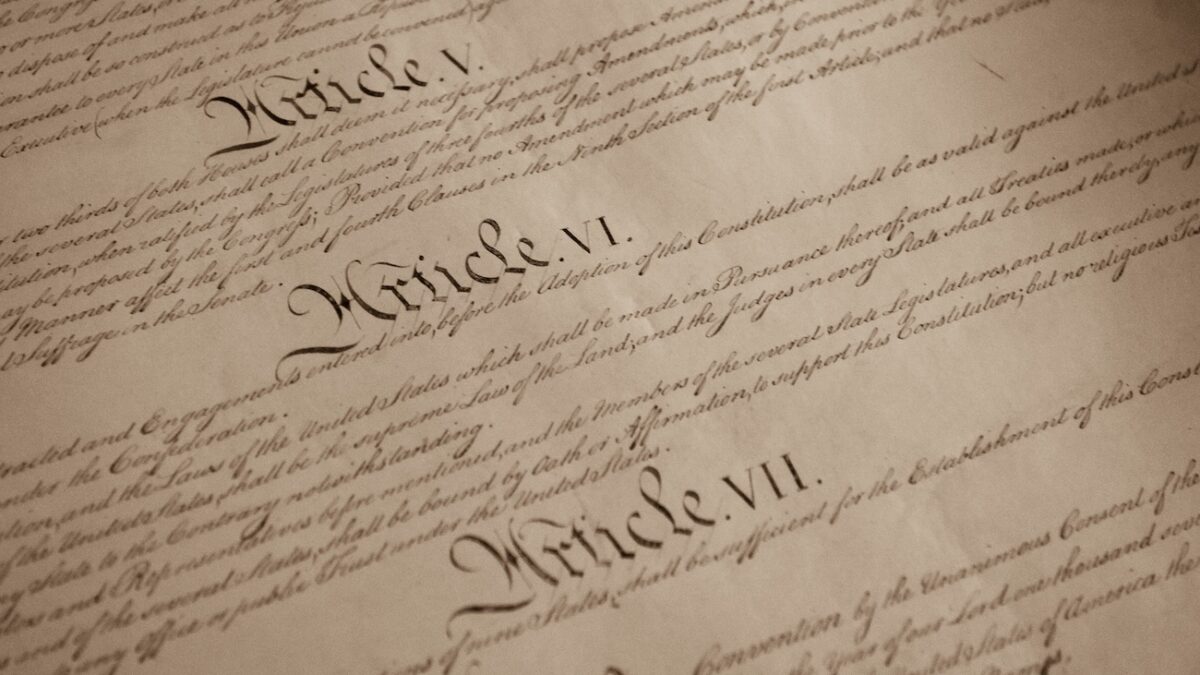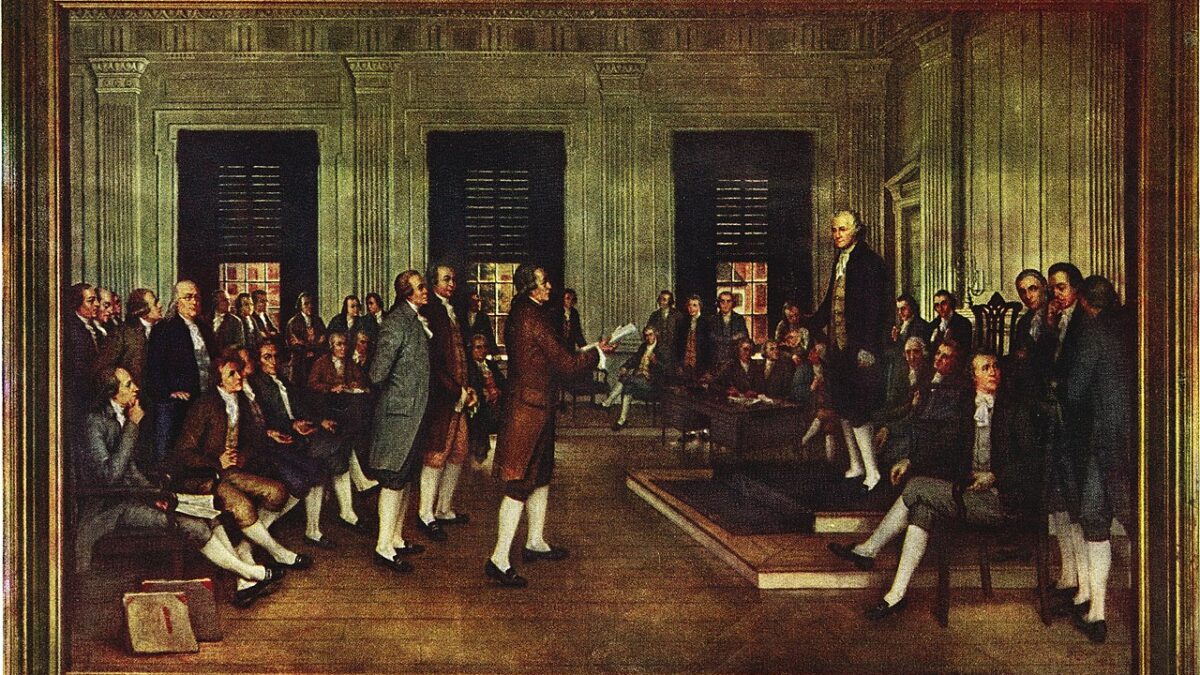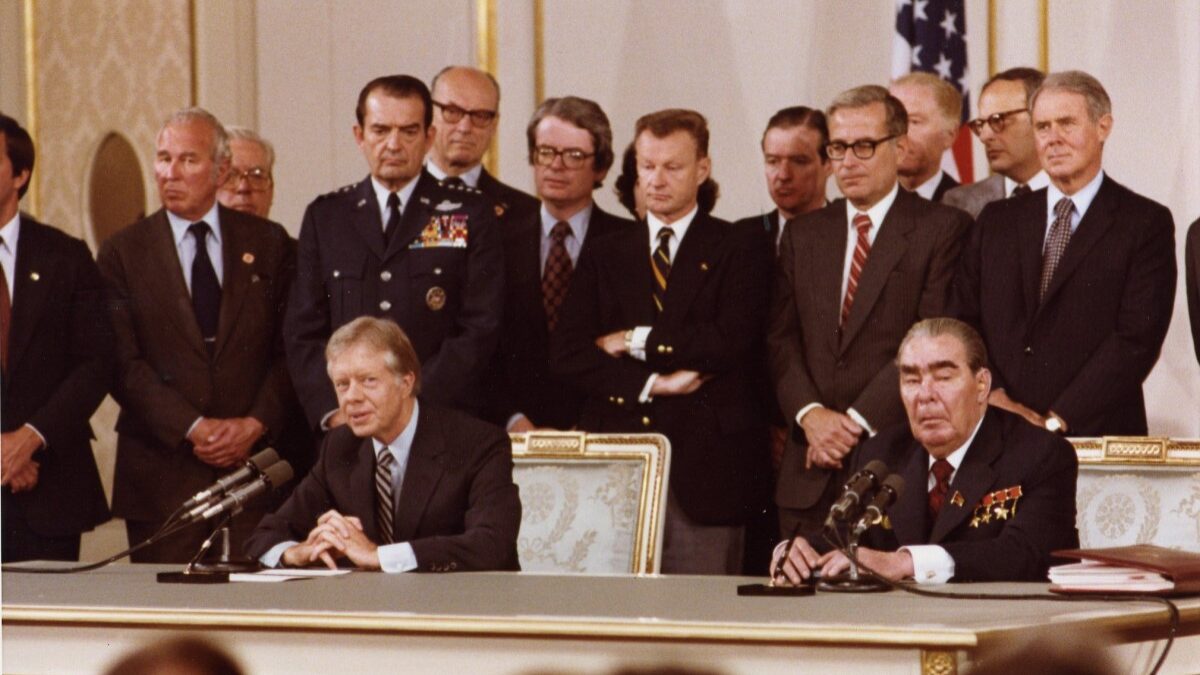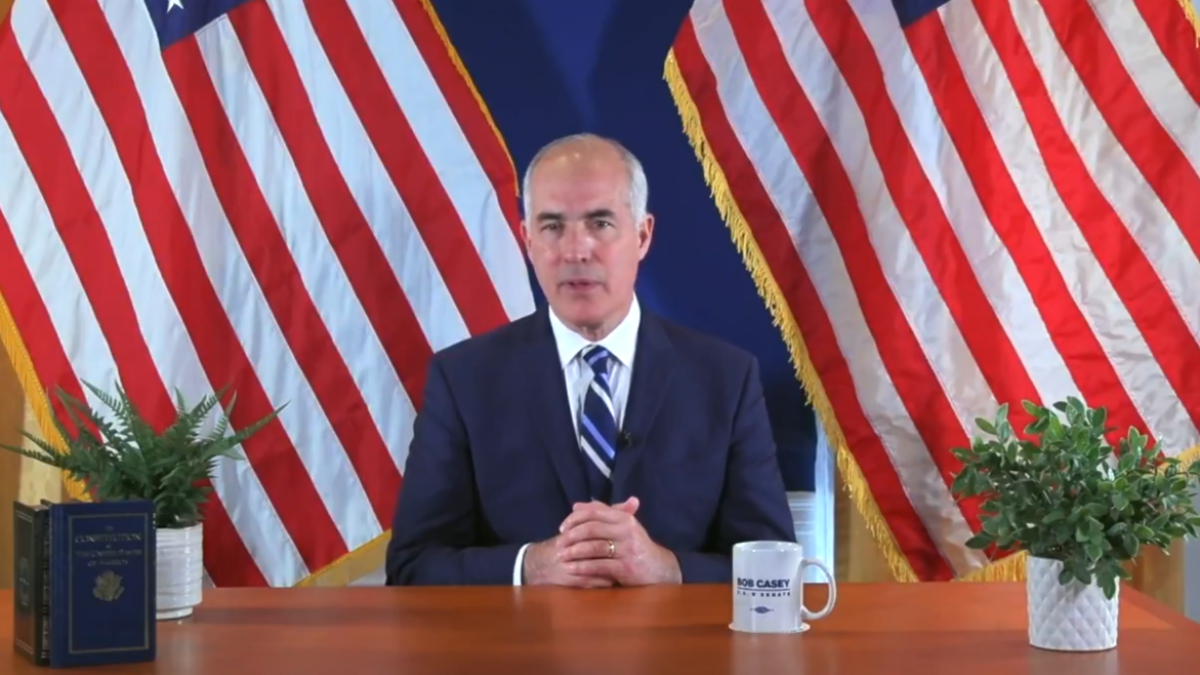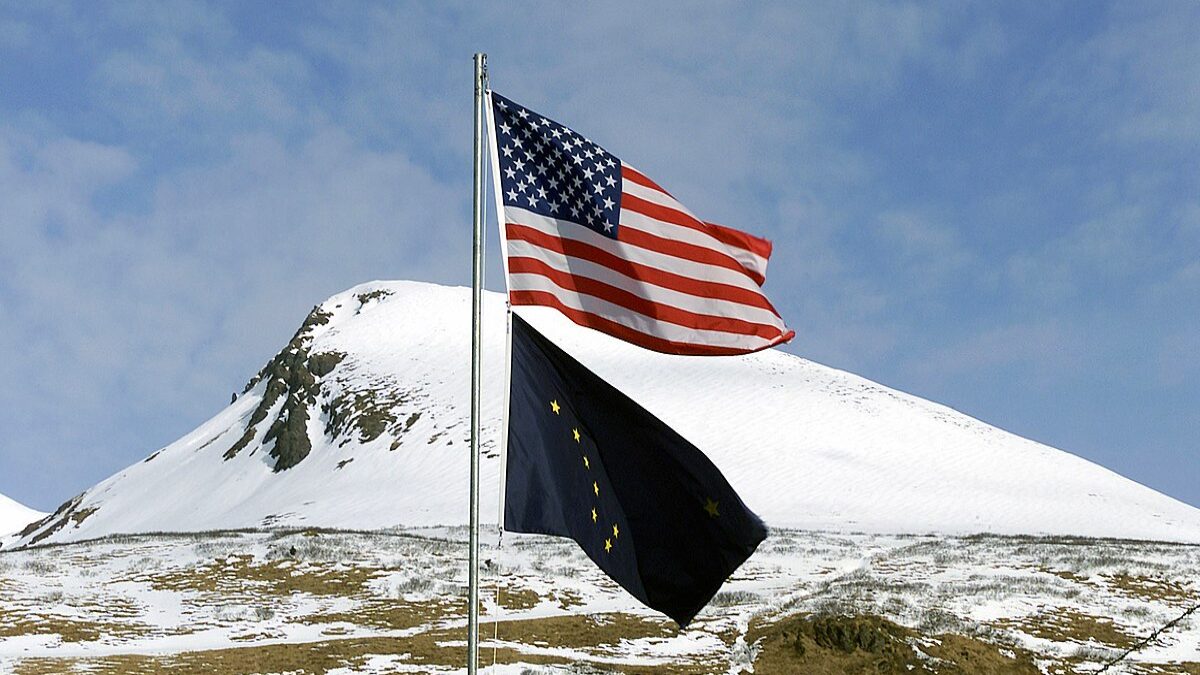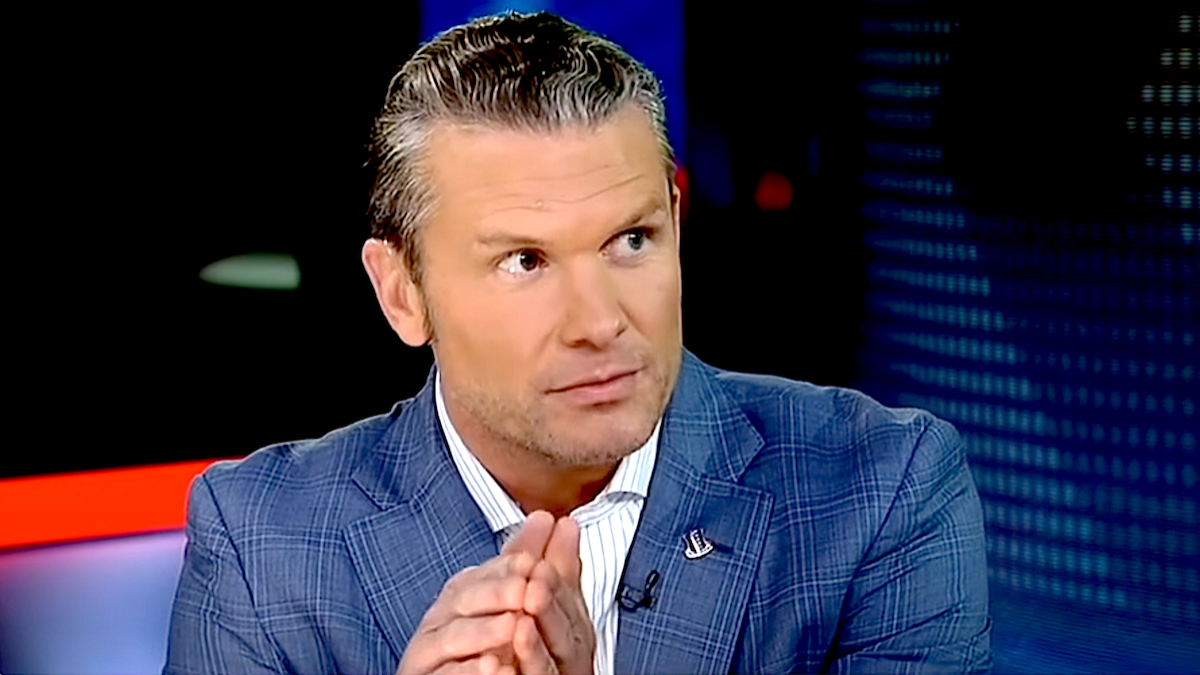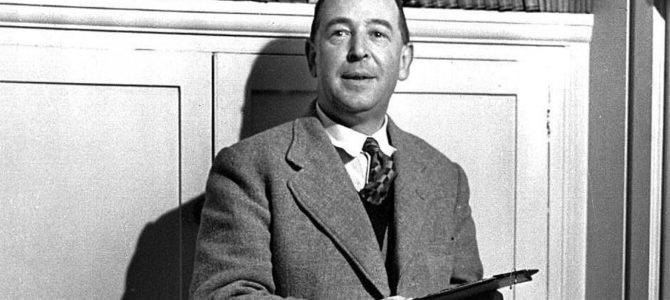
In the autumn of 1939, as Nazi Germany invaded Poland and ignited the fuse of World War II, the great British theologian C. S. Lewis preached a sermon called “Learning in War-Time.” Although written 81 years ago, his advice is perhaps more relevant today than ever.
Lewis identifies three enemies facing students during crises such as ours and mental exercises to defend against each. His thought are also helpful to those who are not students.
The first enemy is “excitement”—or, I might say, distraction. The news can overwhelm our thoughts and feelings with excitement or anxiety, paralyzing our studies. It’s hard to focus with so much going on.
If this was a problem in 1939, it seems even more so today as ubiquitous smart tech offers easy access to a 24-hour news cycle about a rapidly evolving, global pandemic. Watching events unfold in the past weeks has been like watching a slow-motion car wreck. It’s been difficult to look away, to do anything else but watch.
Lewis’ advice is to look to history: at a minimum, it will help restrain “your nerves and emotions” from leading you to think that “your present predicament is more abnormal than it really is.” “Human life has always been lived on the edge of a precipice,” says Lewis. Even seemingly “normal” eras are “full of cries, alarms, difficulties, emergencies.”
More importantly, history reveals generation after generation of human beings searching for knowledge and beauty under the shadow of imminent danger. Says Lewis: “Men propound mathematical theorems in beleaguered cities, conduct metaphysical arguments in condemned cells, make jokes on scaffold, discuss the last new poem while advancing to the walls of Quebec, and comb their hair at Thermopylae. This is not panache; it is our nature.”
Draw courage from these men and women; because, says Lewis, if we postpone our search for knowledge and beauty until we are secure, our search will never begin.
The second enemy is “frustration” about the future. What if I don’t have time to finish my work? What will life look like once this is all over? When will the economy recover? What if—fill in the blank.
Lewis doesn’t dismiss these worries as baseless; rather, he urges students to live in the moment and leave the future to God. Lewis’ advice: first, remember that worrying about the future will not solve a thing. “You may as well” leave the future to God, Lewis writes, “for God will certainly retain it whether we leave it to Him or not.”
Second, pray for your daily bread. What do you need before the sun goes down? Focus on that. Finally, devote your time and energy to your vocation. “Happy work is best done by the man who takes his long-term plans somewhat lightly and works from moment to moment as to the Lord,” Lewis writes.
How do you know your vocation? It’s the task in front of you. If your name is on the class roster, your vocation is to be a student. (This doesn’t make you better than welders or accountants or anyone else, by the way; it just means that being a student is your vocation).
If anxiously worrying about the future is keeping you from the work at your fingertips, try to turn the tables: use the work at your fingertips to keep you from constantly worrying about the future.
The last enemy is “fear” about death. What if the virus comes for me or my loved ones? Rather than resort to the extremes of either “stoic indifference” or being carried away by “the illusions of imagination,” Lewis asks his students to realize that war—or, in this case, COVID-19—does not increase the probability of death but “makes death real to us.” It forces us to reckon with our own mortality.
It seems odd, but, as Lewis adds, “most of the great Christians of the past” would consider this a blessing. “Teach us to number our days,” says the Psalmist, “that we may apply our hearts to wisdom.” When we realize that time is our scarcest resource, we turn to what’s most important. As bioethicist Leon Kass explains, “To number our days is the condition for making them count.”
Finitude is a spur to use our time wisely. Perhaps this is what the philosopher Soren Kierkegaard means when he writes that the thought of death is a good dancing partner; it keeps us on our toes and focused on beautiful, worthy things.
In a word, Lewis exhorts you to be courageous during these trying times. Remember that you’re not the first to live through a global crisis. Remember to diligently do the work in front of you. And remember that life is precious, so use it wisely.
Many of the students at Oxford University in 1939 were called to war. We, for the time being, are being called to stay home. Take this opportunity to study, sharpen your minds, and pursue truth, beauty, and goodness. All we have is this moment. “The present,” says Lewis, “is the only time in which any duty can be done or any grace received.”



